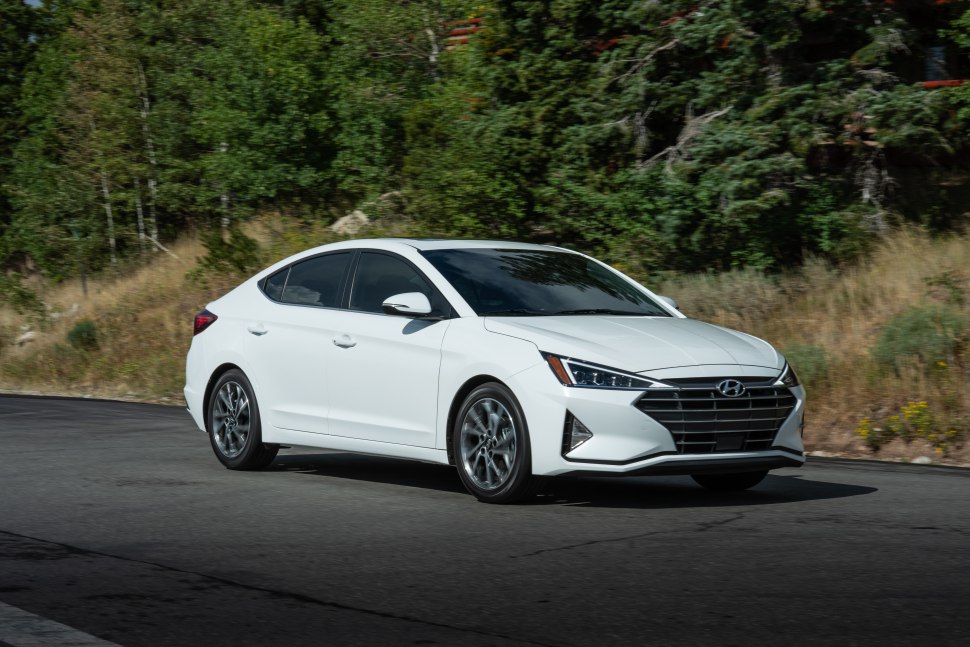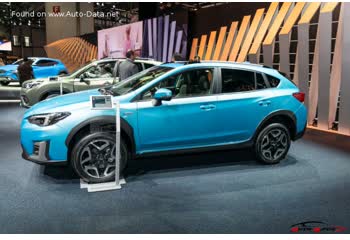Everything you need to know about specifications and performance - Hyundai Elantra 2018 - 2.0 (147 Hp)

Overview:
What is the engine capacity of a Hyundai Elantra 2018?
The engine capacity of the Hyundai Elantra 2018 is 1999.
Hyundai Elantra 2018 How many horsepower?
The engine power of the Hyundai Elantra 2018 is 147 Hp @ 6200 rpm..
What is the Hyundai Elantra 2018 engine?
Hyundai Elantra 2018 engine is Nu / G4NH. (Click to see other cars using the same engine)
How much gasoline does a Hyundai Elantra 2018 consume?
The Hyundai Elantra 2018 consumes 8.1 liters of gasoline per 100 km
General:
Engine:
Performance:
Space:
dimensions:
Powertrain, Suspension and Brakes:
See also

Other generation.
Its production began in 2020 until 2023

Same engine. (Nu / G4NH).
Its production began in 2021 until Now

Same engine. (Nu / G4NH).
Its production began in 2021 until Now

Same engine. (Nu / G4NH).
Its production began in 2018 until 2021

Same production year and almost the same engine capacity.
Its production began in 2018 until 2021

Same production year and almost the same engine capacity.
Its production began in 2018 until 2021

Write a comment